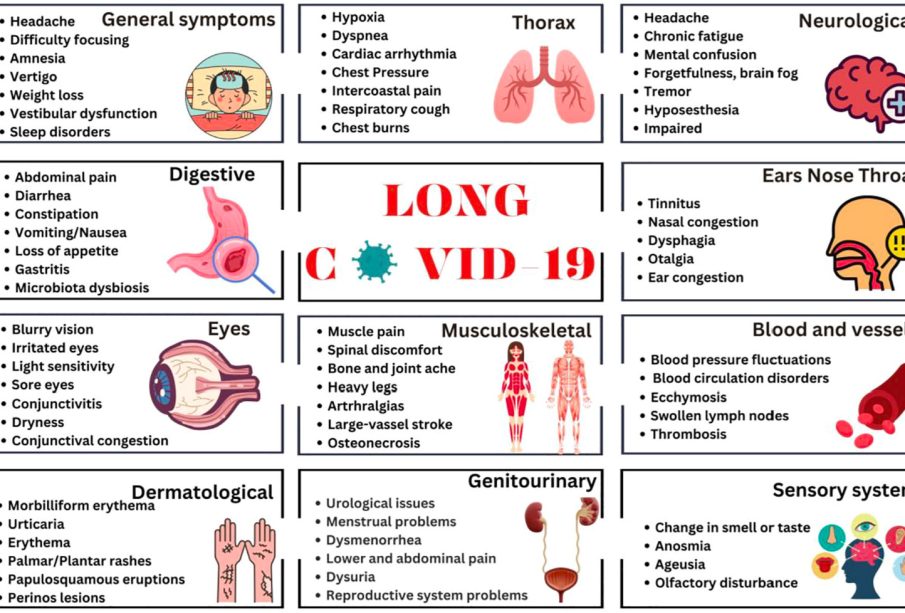Understanding the New COVID Symptoms: What You Need to Know

Introduction
As the COVID-19 pandemic continues to evolve, so too do the symptoms associated with the virus. With new variants emerging, it is crucial for the public to stay informed about the latest symptoms to ensure timely diagnosis and treatment. Understanding these symptoms can empower individuals to seek medical advice promptly, potentially reducing transmission and improving health outcomes.
Recent Developments in COVID Symptoms
Research conducted in recent months has identified new symptoms associated with recent variants of the COVID-19 virus. Traditional symptoms such as fever, cough, and loss of taste or smell remain prevalent, but patients have reported a broader range of manifestations. According to a study published by the UK’s Office for National Statistics, new symptoms including headaches, sore throats, fatigue, and muscle aches have gained significant prominence among infected individuals.
Impact of New Variants
The emergence of variants like Omicron and its subvariants has contributed to this shift in symptomatology. Many patients with these variants experience milder illness but a different array of symptoms compared to earlier strains. This was supported by Dr. Susan Hopkins, the Chief Medical Advisor at the UK Health Security Agency, who stated in a recent briefing that ‘the landscape of COVID-19 symptoms is changing, reflecting the virus’s adaptation.’ Furthermore, the ability of these variants to cause gastrointestinal distress, including diarrhoea and nausea, has also been noted.
What This Means for Public Health
The changing nature of COVID symptoms underscores the importance of continued vigilance. Healthcare providers are being urged to consider a wider symptomatic picture when diagnosing potential COVID-19 cases. Public health messaging is being adapted to emphasise that not all individuals will present with the classic symptoms. The recommendation is now to get tested if any new or unusual symptoms develop, including those that may have previously been attributed to seasonal illnesses.
Conclusion
In conclusion, as the COVID-19 pandemic unfolds, remaining informed about new symptoms is essential. Authorities urge the public to monitor their health closely and seek medical advice if symptoms arise, regardless of their familiarity. The emergence of new variants signifies that COVID-19 will continue to pose health risks, making vigilance paramount. As we move forward, staying educated on these developments will contribute significantly to individual and public health safety.









